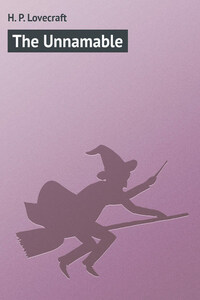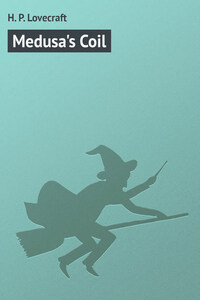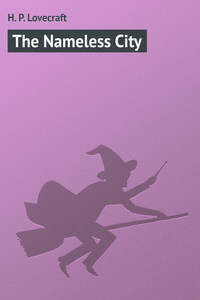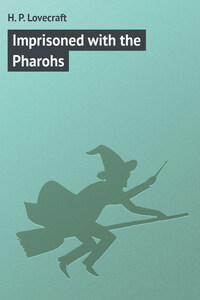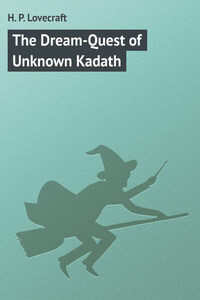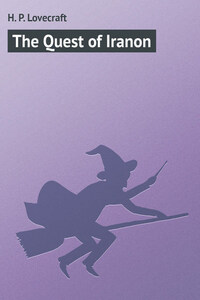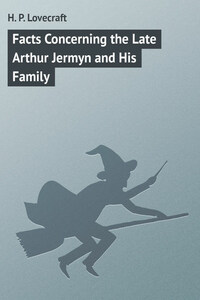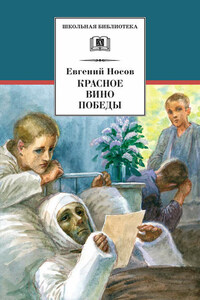We were sitting on a dilapidated seventeenth-century tomb in the late afternoon of an autumn day at the old burying-ground in Arkham, and speculating about the unnamable. Looking toward the giant willow in the centre of the cemetery, whose trunk has nearly engulfed an ancient, illegible slab, I had made a fantastic remark about the spectral and unmentionable nourishment which the colossal roots must be sucking in from that hoary, charnel earth; when my friend chided me for such nonsense and told me that since no interments had occurred there for over a century, nothing could possibly exist to nourish the tree in other than an ordinary manner. Besides, he added, my constant talk about “unnamable” and “unmentionable” things was a very puerile device, quite in keeping with my lowly standing as an author. I was too fond of ending my stories with sights or sounds which paralysed my heroes’ faculties and left them without courage, words, or associations to tell what they had experienced. We know things, he said, only through our five senses or our religious intuitions; wherefore it is quite impossible to refer to any object or spectacle which cannot be clearly depicted by the solid definitions of fact or the correct doctrines of theology – preferably those of the Congregationalists, with whatever modifications tradition and Sir Arthur Conan Doyle may supply.
With this friend, Joel Manton, I had often languidly disputed. He was principal of the East High School, born and bred in Boston and sharing New England’s self-satisfied deafness to the delicate overtones of life. It was his view that only our normal, objective experiences possess any aesthetic significance, and that it is the province of the artist not so much to rouse strong emotion by action, ecstasy, and astonishment, as to maintain a placid interest and appreciation by accurate, detailed transcripts of everyday affairs. Especially did he object to my preoccupation with the mystical and the unexplained; for although believing in the supernatural much more fully than I, he would not admit that it is sufficiently commonplace for literary treatment. That a mind can find its greatest pleasure in escapes from the daily treadmill, and in original and dramatic recombinations of images usually thrown by habit and fatigue into the hackneyed patterns of actual existence, was something virtually incredible to his clear, practical, and logical intellect. With him all things and feelings had fixed dimensions, properties, causes, and effects; and although he vaguely knew that the mind sometimes holds visions and sensations of far less geometrical, classifiable, and workable nature, he believed himself justified in drawing an arbitrary line and ruling out of court all that cannot be experienced and understood by the average citizen. Besides, he was almost sure that nothing can be really “unnamable.” It didn’t sound sensible to him.
